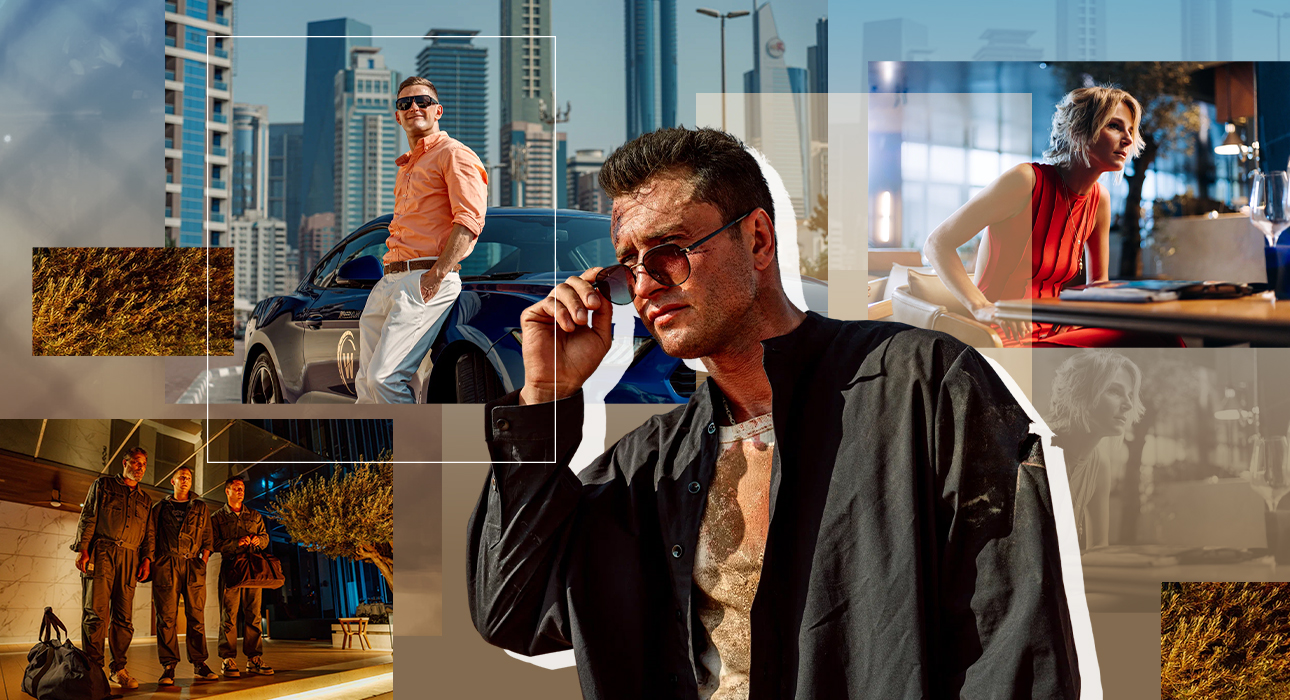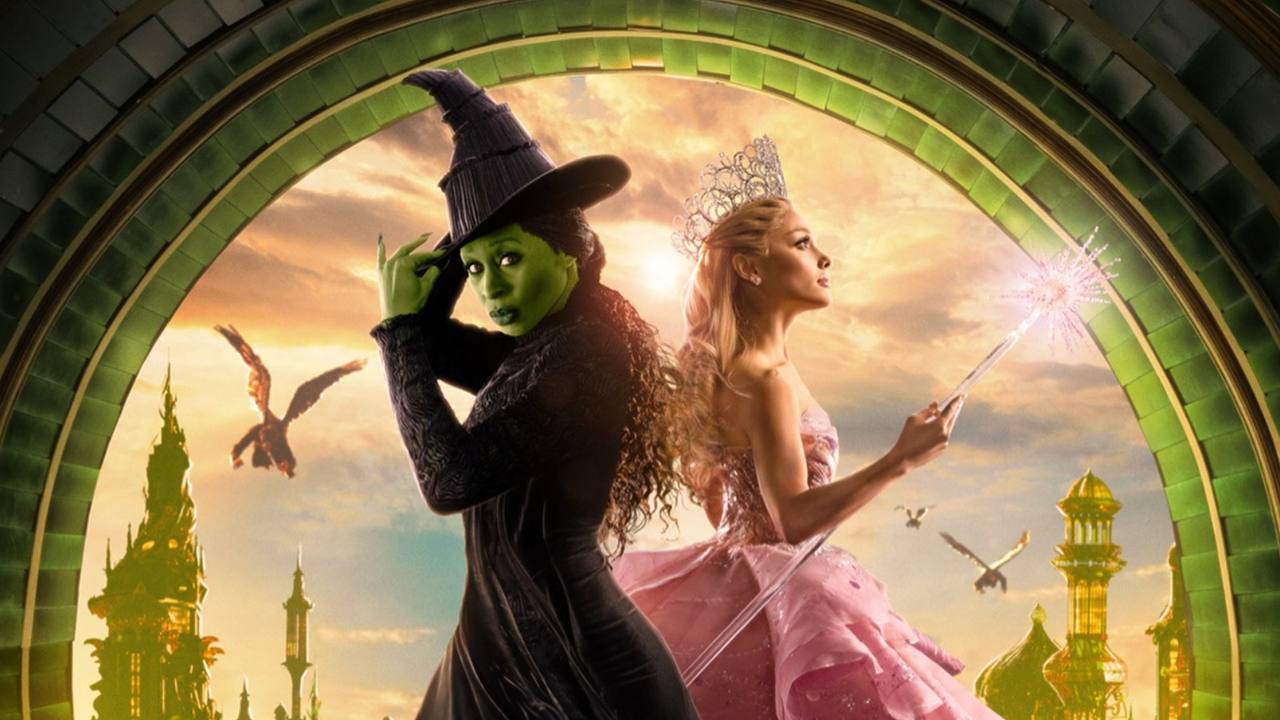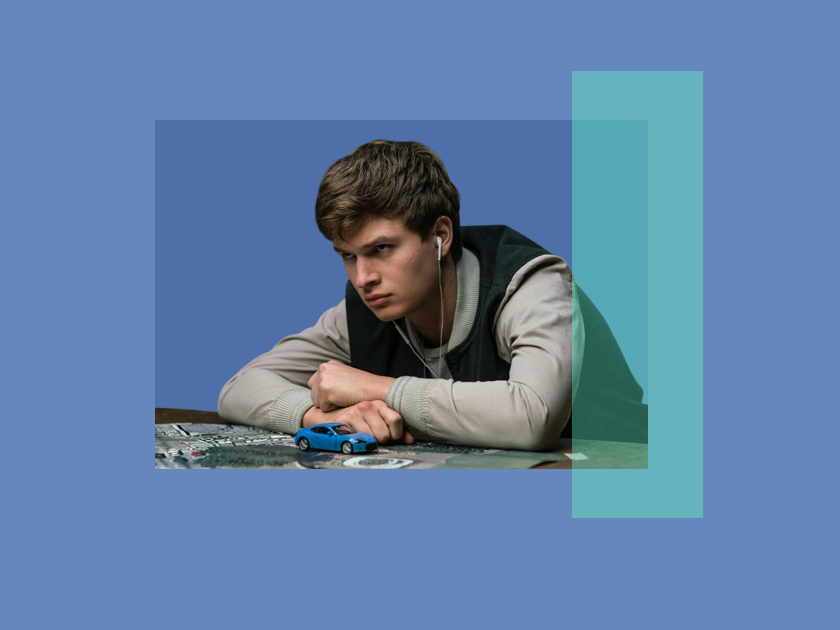You may have already noticed this on YouTube and Instagram? There are many influencers who are too perfect and they all start looking alike. One day, a source of inspiration, they become a source of complexes and even tiredness, by dint of seeing them all: drinking lemon or celery juice, followed by a sports session, then toast with avocado or homemade muesli/granola, before moving on their lives are far too photogenic to be honest.
So much less filtered personalities, who sometimes eat anything, burp and talk about their problems seem…refreshing!
Too perfect influencers VS accessible and informative genuine influencers
This is what partly explains the success of an influencer like Léna Situations, for example: one day at a Dior show, the next at a foam party on a campsite with her best friends, when she’s not filming the his crises. . This is what makes it seem so authentic, between two partnerships and affiliate links.
Unlesswith success also comes opportunities that mere mortals will probably never have access to. Inevitably, as influencers acquire notoriety and economic capital, their way of life progressively moves away from that of the community of origin, until they seem completely inaccessible, as the youtuber Tiffany Ferguson says so well when analyzing the media.

But another type of influencer tends to impose itself: the ” genuine influencers “. Comprehend : authentic influencerswho don’t specialize in fashion, beauty, sports or food, but rather seek to share information, explains trends firm WGSN which coined the term.
In a report titled The future is transparent “, the company points out how tired the general public is proving to be commitments that are part of the “do it right” attitude, and eager for educational content from people who take responsibility for their actions… but also of their inertia.
After the pandemic, faking a commitment no longer works
Self an ultra-edited, filtered, “inspiring” self-staging can still work on Instagram, it is just the opposite that is very popular on TikTok, For example. Especially since the pandemic has pushed half the planet to slow down their lifestyles!
All of a sudden, the influencers whose interest rested (too much) on hyperconsumption seemed very empty or out of place… And let’s not even talk about those who continued to travel as if nothing had happened.
A few diversions could distract the planet from social and environmental justice issues such as Black Lives Matter, Stop Asian Hate and climate disasters. When the planet is burning, ultra-fast fashion Boohoo, SheIn and Pretty Little Things fly two long-haul flights a week quickly stirring up outrage.
While celebrities claiming they were “in the same boat as everyone else” from their huge villa with pool and gardens looked indecent, influencers have made a name for themselves by using their platform to broadcast information.
They owe their success to the way they grow with and serve their community. They inspire adherence, loyalty and commitment through educationrather than vain aspiration.
Governments support and even exploit this shift in influence
This evolution in influencer marketing has been noticed and exploited by some governments. In France, several influencers have been commissioned to share public health campaigns against the pandemic – with more or less authenticity and therefore with success. Same thing in Finland where the government has summoned 1,500 influencers.
This paradigm shift is also part of it laws pushing for greater authenticity: in the UK, the Advertising Standards Authority (ASA) now bans British influencers from using ‘misleading filters’ in their beauty campaigns, while Norway requires edited photos to be marked as such by influencers.
Adding a hashtag #NoFilter in a photo caption is no longer enough, because it’s easy to lie: the era of transparency has arrived that allows for accountability.
Photo credit: pexels-george-milton-6954174
The latest articles about
fashion industry
-
Is it the end of the “too perfect” influencers, who no longer make us dream?
-
On TikTok, Tanner Leatherstein butchers Gucci, Chanel or Polène bags to judge their quality
-
After Inditex (Zara), H&M pledges to stop outsourcing in Myanmar that violates human rights
-
Ralph Lauren Canada, suspected of using Uyghur forced labor
-
By dint of seeing women steal boxers from men, fashion finally gets involved
-
After dressing Chloé, Givenchy and Meghan Markle, Clare Waight Keller takes over Uniqlo
Source: Madmoizelle
Mary Crossley is an author at “The Fashion Vibes”. She is a seasoned journalist who is dedicated to delivering the latest news to her readers. With a keen sense of what’s important, Mary covers a wide range of topics, from politics to lifestyle and everything in between.




